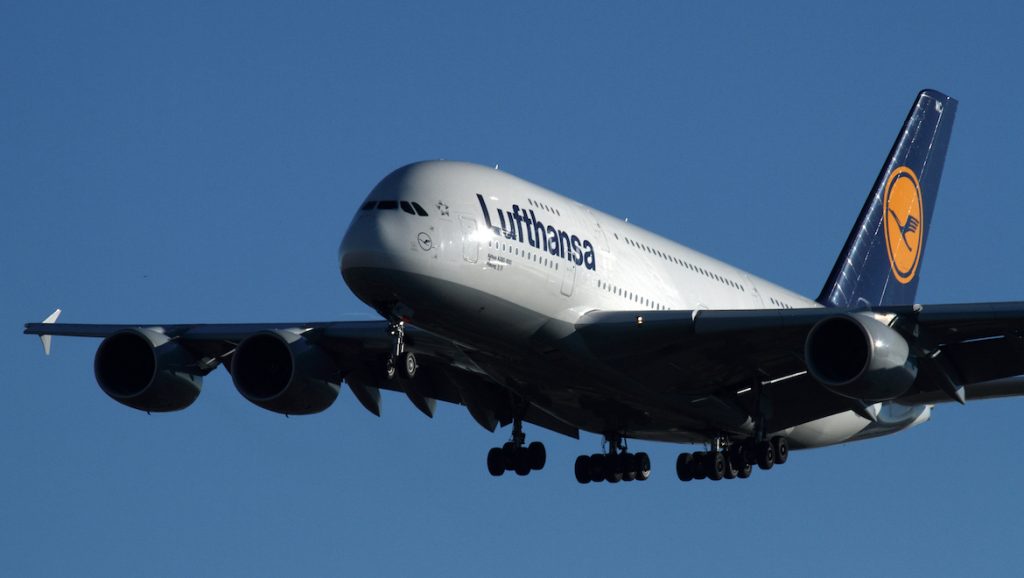
Hopes for a rebound in Europe’s travel market have been further dashed as leaders across the continent introduce a new wave of travel restrictions and caution against summer holidays.
UK Minister for COVID Vaccine Deployment Nadhim Zahawi has warned Britons that they should “absolutely” avoid making bookings for summer holidays outside of the country, as the new, more aggressive strain of the coronavirus continues to run rampant through the community.
“There’s still 37,000 people in hospital with COVID at the moment – it’s far too early for us to even speculate about the summer,” Zahawi said.
Britain is currently also considering mandatory isolation periods in “quarantine hotels” for some international arrivals, following the example of other countries in the Asia-Pacific, including Australia and New Zealand, which have largely curbed the spread of COVID.
While EU countries have largely aimed to maintain travel links between European Free Trade Association (EFTA) states, the new strain of the virus has called for tougher restrictions of movement.
Germany’s Chancellor Angela Merkel told party lawmakers on Tuesday that “no tourist travel should be taking place”, as her government touted even tougher border measures.
Meanwhile, Sweden has barred travel from neighbouring Norway in an attempt to stem the spread of new COVID-19 variants, and Belgium has banned non-essential travel.
While major airlines are being kept afloat by government aid packages, analysts suggest that subdued demand during the crucial summer travel season, and further into 2021 than previously anticipated, could see some airlines reach out their hands for more aid, while weaker airlines may still go under.
This all comes despite the ongoing global rollout of COVID-19 vaccines, which were believed to be key to a recovery in travel demand.
The International Air Transport Association (IATA) has previously warned that government-enforced travel curbs and quarantine requirements may hinder the airline industry’s ability to effectively distribute a vaccine.
According to the IATA, the global grounding of passenger flights, which normally would carry up to 45 per cent of global air cargo in their holds, could see freight networks stretched, and prices driven upwards.
“If borders remain closed, travel curtailed, fleets grounded and employees furloughed, the capacity to deliver life-saving vaccines will be very much compromised,” the IATA said.
The World Health Organisation and UNICEF “have already reported severe difficulties in maintaining their planned vaccine programs during the COVID-19 crisis due, in part, to limited air connectivity”, IATA added.




